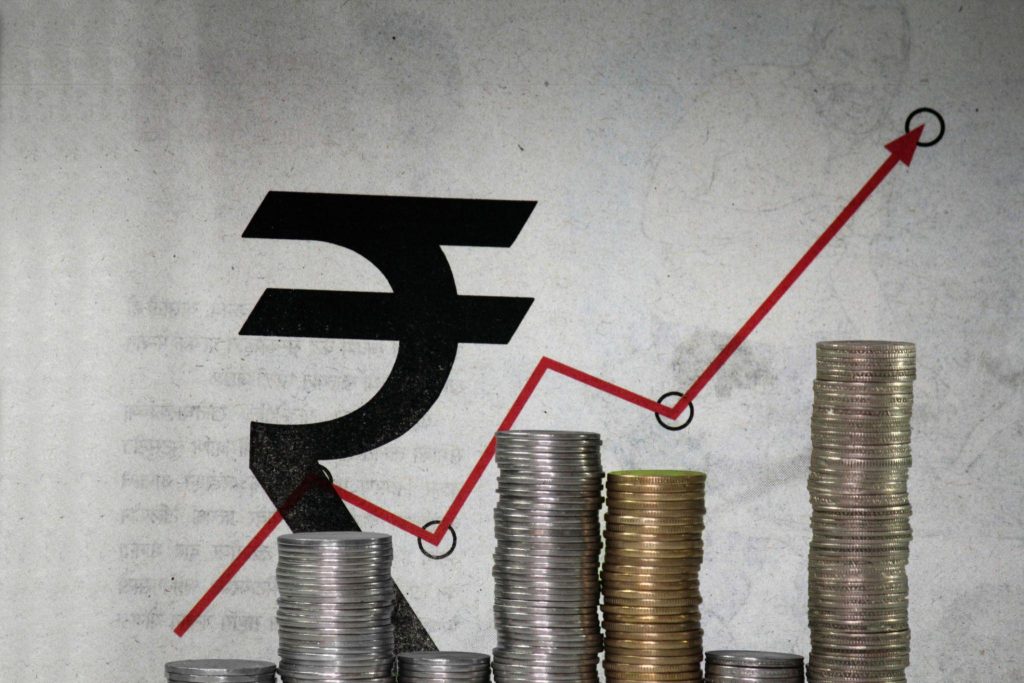Before we dive into the risks and considerations, let’s begin with the basics. A home equity loan, often referred to as a “second mortgage,” allows homeowners to borrow money against the equity they’ve built in their property. The equity is the difference between the home’s current market value and the outstanding balance on the mortgage.
In India, these loans are usually offered for various purposes, including home renovations, debt consolidation, and funding major life events. They are typically long-term loans with fixed interest rates, making them a stable and attractive option for many.
The Risks Involved
While home equity loans can be a valuable financial resource, they come with their fair share of risks. Here are some of the most significant ones to consider:
-
Risk of Property Devaluation
The real estate market can be unpredictable, and property values may fluctuate. If the value of your home drops significantly, you could end up owing more than your property is worth, putting you in a precarious financial situation.
-
High-Interest Rates
Home equity loans often have higher interest rates compared to primary mortgages or other loan options. This means you could end up paying more in interest over the life of the loan, increasing the overall cost.
-
Risk of Default
Just like your primary mortgage, failing to make payments on a home equity loan can lead to foreclosure. It’s essential to ensure you can comfortably meet the repayment obligations before taking on this type of loan.
-
Prepayment Penalties
Some lenders impose prepayment penalties, meaning you could face extra fees if you decide to pay off the loan early. This can limit your financial flexibility.

Considerations Before Getting a Home Equity Loan
Now that we’ve explored the risks, let’s delve into important considerations when contemplating a home equity loan in India.
-
Loan-to-Value Ratio
Lenders in India often have restrictions on the maximum loan-to-value ratio they are willing to offer. Understanding this ratio is crucial as it determines how much you can borrow.
-
Purpose of the Loan
Consider why you need the funds. Using a home equity loan for essential investments like home renovations or education can be a wise choice. However, taking out a loan for discretionary spending might not be financially responsible.
-
Shop Around for Lenders
Interest rates and terms can vary among lenders. It’s imperative to shop around for the best deal and compare offers from multiple financial institutions before making a decision.
-
Repayment Plan
Have a solid repayment plan in place. Ensure you can comfortably meet your monthly obligations without straining your budget.
-
Consult a Financial Advisor
Before committing to a home equity loan, it’s advisable to consult with a financial advisor who can provide personalized guidance based on your financial situation and goals.
Conclusion
Home equity loans can provide financial relief when used wisely, but they are not without their risks and considerations. It’s essential to be well-informed and consider your unique circumstances before deciding to pursue a home equity loan in India.
Remember that financial decisions are significant, and it’s always prudent to consult with a financial expert to ensure you make the best choice for your financial future. By being diligent and well-informed, you can harness the benefits of home equity loans while mitigating potential risks.


